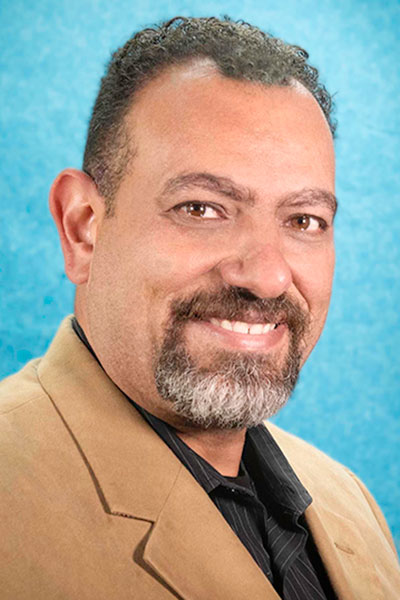The ongoing workforce shortage within rheumatology makes understanding salary and bonus models — and how they are influenced by region, experience, need, and other circumstances — even more important to healthcare providers considering job offers within this specialty.

“We are an underserved community. Rheumatologists are getting harder and harder to find. As supply goes down, demand goes up, and potentially you could leverage that to command a higher salary,” said rheumatologist Nehad Soloman, MD, FACR. “The other development is that our specialty is being threatened continually in terms of reimbursement, and the physician out there in the marketplace needs to understand that they have a value. But on the flip side, you can’t get compensated if there is no money on the table.”
Dr. Soloman, Arizona Arthritis & Rheumatology Associates, PC, will discuss comparative salary and bonus structures on Monday, Nov. 13, as one of the panelists for Understanding Salary Models at 4 p.m. PT in Room 26 A–B of the San Diego Convention Center. The session also will be available on demand within 24 hours for registered ACR Convergence 2023 participants.
“The idea is to try to understand our cognitive subspecialty, understand the value of it, and understand everything that touches rheumatology, but also to give a realistic understanding to those who are going out into the workforce so that they don’t over expect and they don’t get taken advantage of,” Dr. Soloman said.
A rheumatologist’s total compensation may be dependent on productivity measured in relative value units (RVUs) or payments. Many hospitals work on a well-defined RVU basis, or a set payment per RVU for a rheumatologist, and in some cases, the hospital will incentivize physicians to produce higher work RVUs by seeing more patients. However, this approach does not take into account the revenue that may be coming in from other sources such as labs and ancillary services.
“Rheumatologists order a significant amount of labs. We order a lot of imaging, and we order medications that are high dollar, but also which, if done properly within a big institution, could be profitable,” Dr. Soloman said. “Oftentimes, when a hospital or a center is identifying the value of a rheumatologist, they’re only looking at it as a cognitive subspeciality. If we can wrap all of the things that touch rheumatology and are driven by rheumatology to the physician who is ordering the tests, for example, and allocate some of those profitable revenues back to the doctor in a way that is obviously above board, then all of the sudden you can justify a compensatory mechanism that may not be an exact science.”
This session will provide helpful insights for clinicians and clinic managers.
“Whether you’re a small business owner, a large practice, or somebody going out into the workplace, there is something in there for everybody,” Dr. Soloman said. “It’s worthwhile attending so you can accurately and effectively negotiate.”
Steven Saber, JD, Poyner Spruill LLP, Attorneys at Law, will explain the components that make up compensation and the legal vocabulary related to negotiation.
“That’s very helpful because a lot of people have no idea how to look through a contract and what the pitfalls are, the Stark law (Physician Self-Referral Law), for example,” Dr. Soloman said. “He will be talking about what happens to you when you want to get out of a contract.”
Register Today for ACR Convergence 2025

If you haven’t registered for ACR Convergence 2025, register today to participate in this year’s premier rheumatology experience, October 24–29 in Chicago. All registered participants receive on-demand access to scientific sessions after the meeting through October 31, 2026.
